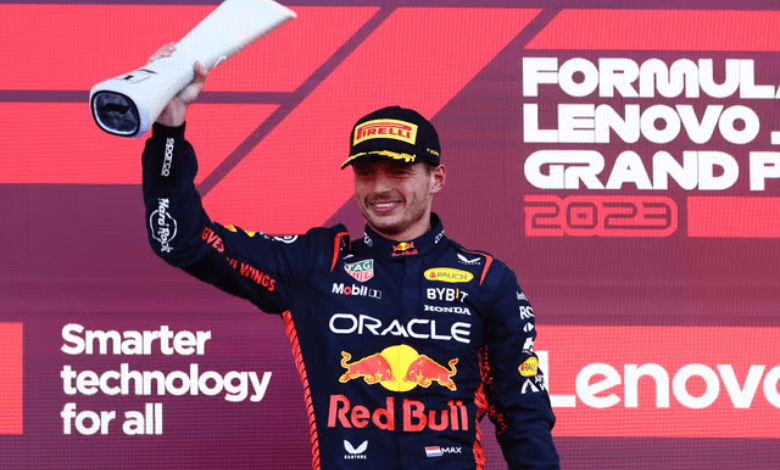Ever since Max Verstappen’s triumphant victory at the Monaco Grand Prix, where his teammate Sergio Perez lagged in a twice-lapped 16th place, the destination of this year’s Drivers’ title has been as clear as a cloudless sky. Hopes of a Perez challenge, which flickered brightly at the start of the season with two wins in the first four races, faded away like a distant memory. The turning point came in the early summer when Verstappen’s unbeatable streak began.
Between May 1st (the day after the Azerbaijan GP) and September 16th (the day before the Singapore GP), Verstappen’s dominance was unparalleled. He clinched victory in all 10 Grands Prix during this period, even securing both Sprint race wins in Austria and Belgium. Out of the 276 points available in his winning run, Verstappen claimed a staggering 271, missing only the fastest lap in a handful of races. This level of dominance in Grand Prix racing is a rarity.
Counting the Points, Not the Races
As Verstappen continued to amass points while Perez struggled, the focus shifted to when he would join the elite ranks of three-time World Champions like Sir Jack Brabham, Sir Jackie Stewart, Niki Lauda, Nelson Piquet, and Ayrton Senna. It seems highly likely that Verstappen will secure his third championship title, but the suspense lies in how and when.
Currently, Verstappen enjoys a comfortable lead of 177 points over Perez, with 180 points still up for grabs heading into the Lusail Grand Prix. To clinch the title, Verstappen needed only sixth in the 19-lap Sprint race on Saturday night. If this doesn’t occur by some miraculous twist of fate, the title showdown will take place during the Grand Prix itself, making Verstappen the first driver to win the World Championship in a race other than the main Grand Prix.
Pros and Cons of the Sprint Scenario
Pros: The Expected Outcome
In reality, does it truly matter when Verstappen secures the title? It has been apparent since early summer that he would do so, with each Grand Prix becoming a mere statistical exercise. Additionally, the structure of the 2023 season’s Sprints, with six events compared to three in the previous two years, made this scenario a possibility that Formula 1 welcomed.
Cons: The Sanctity of Grand Prix
Despite the increasing number of Grands Prix and Sprint races, it raises questions about the sanctity of a Grand Prix. Originally designed to set the grid, Sprints evolved into a separate event for 2023, with Grand Prix qualifying returning to Fridays. The prospect of the World Drivers’ Championship being determined in a Sprint race disrupts this tradition.
Moreover, the constant influx of racing events begs the question of who has the time to devote nearly half their weekends to watching racing, even with highlights packages? The magic of witnessing a driver being crowned World Champion in the pinnacle of motorsport should not be undermined.
ALSO READ: Israel and Saudi are on the works for a Basic Framework
Finally, the allocation of World Championship points for races raises concerns. Why should Qatar’s, Brazil’s, or Austria’s legs of the season be worth more than Monaco’s, Japan’s, or Singapore’s? If all Grand Prix races are meant to be equal in stature, the points system should reflect that equality.






















